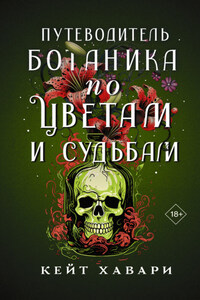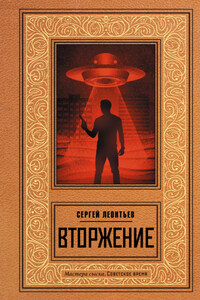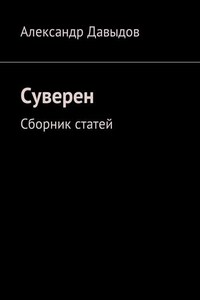Copyright
Fourth Estate
An imprint of HarperCollinsPublisher Ltd
1 London Bridge Street
London SE1 9GF
www.harpercollins.co.uk
First published in Great Britain in 1997 by Fourth Estate
This edition published in 1998
Copyright © 1997 Jonathan Rose, Steve Panter and Trevor Wilkinson
The right of Jonathan Rose, Steve Panter and Trevor Wilkinson to be identified as the authors of this work has been asserted by them in accordance with the Copyright, Designs and Patents Act 1988.
A catalogue record for this book is available from the British Library.
All rights reserved under International and Pan-American Copyright Conventions. By payment of the required fees, you have been granted the nonexclusive, nontransferable right to access and read the text of this e-book on-screen. No part of this text may be reproduced, transmitted, downloaded, decompiled, reverse-engineered, or stored in or introduced into any information storage and retrieval system, in any form or by any means, whether electronic or mechanical, now known or hereafter invented, without the express written permission of HarperCollins e-books.
HarperCollinsPublishers has made every reasonable effort to ensure that any picture content and written content in this ebook has been included or removed in accordance with the contractual and technological constraints in operation at the time of publication.
Source ISBN: 9781857028454
Ebook Edition © JUNE 2016 ISBN: 9780008193270
Version: 2016-05-26
Prologue
The punishment of a criminal is an example to the rabble;
But every decent man is concerned if an innocent man is condemned.
JEAN DE LA BRUYÈRE LES CARACTÈRES, DE QUELQUES USAGES
On 10 November 1949, 1-year-old Geraldine Evans was strangled to death, but it was not her father, Timothy, who tightened the ligature around the baby’s neck. Timothy Evans was executed for a crime he did not commit.
On 23 August 1961 Michael Gregsten was killed by a shot to the head, but is was not petty thief James Hanratty who pulled the gun’s trigger. James Hanratty was executed for a crime he did not commit.
On 5 October 1975, Lesley Molseed was abducted and stabbed to death. Stefan Kiszko was innocent of her murder. Stefan Kiszko was imprisoned for sixteen years, for a crime he did not commit.
The terrible price of innocence.
The twentieth century has produced a significant number of cases in which innocent men have been convicted of murderous crimes of great repugnance. At least two men, Evans and Hanratty, paid with their lives for miscarriages of justice.
Consideration of such miscarriages tends to focus, almost exclusively and with much justification, on the innocent man. But to follow this path is to ignore those other people, equally innocent of any wrongdoing, who pay a high price for the failings of others. The families of those guiltless men whose lives are decimated by the imprisonment (or execution) of their loved ones, who then give years to clear the innocent’s name. Iris Bentley, Anne Whelan, lives devoted to a single struggle. The victims are buried and forgotten to all but their relatives but how can they rest in peace whilst their killers live on unpunished? What rest is there today for the family of Michael Gregsten and the parents of Carl Bridgewater? And of Lesley Molseed?
Each time the scales of justice are unbalanced, by police misdemeanour, by inadequacies in the legal system or by the dishonesty of others, the implications extend far beyond the man or woman who has been wrongly convicted of the crime. Publicly there is criticism of ‘the System’, ‘the Police’ or ‘the Law’ but, as is evident from the case with which this book is concerned, such criticism has not resulted in positive change. Changes to systems have not eradicated miscarriages of justice, and there is little will to punish those who contribute to such miscarriages. The fact that innocent individuals, who have been convicted and punished for crimes they did not commit, have received compensation payments or pardons should bring little comfort to society, for each one of us remains at risk of wrongful accusation until the will for change and the momentum for change grow strong.
There lives today a man who took the life of Lesley Molseed. That he enjoys his liberty, his freedom and his life is cause enough to abhor the repercussions of the wrongful conviction of Stefan Kiszko. That he remains unpunished is reason enough for the family of Lesley Molseed to feel that justice has not been done. That he may kill again is quite sufficient for all to look at the case of Stefan Kiszko with anxiety and unease.








